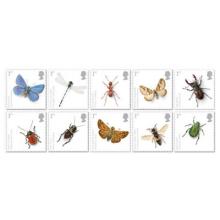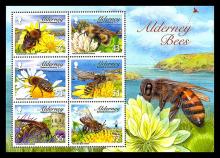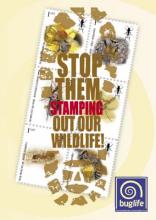Le chercheur, l'agrochimiste et les abeilles
- Read more about Le chercheur, l'agrochimiste et les abeilles
- Log in to post comments
L'étude avait fait grand bruit. Conduite par Mickaël Henry (Institut national de la recherche agronomique, INRA) et publiée en avril dans Science, elle montrait qu'une bonne part des abeilles butineuses ne retrouvaient pas le chemin de leur ruche après avoir été exposées à de faibles doses de Cruiser – le pesticide récemment interdit sur le colza en France. Revenant sur cette affaire, la revue Science publie, vendredi 21 septembre, un "commentaire technique" de chercheurs britanniques contestant les conclusions de M. Henry et ses coauteurs. Banale dispute académique ou cas emblématique de l'influence discrète de l'industrie sur la science ?










